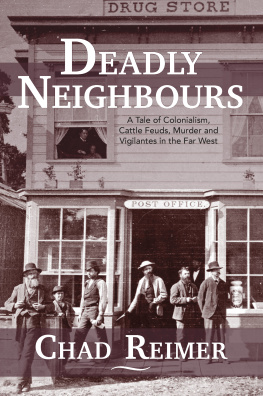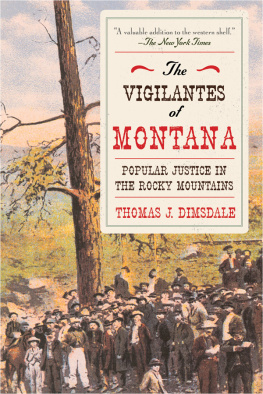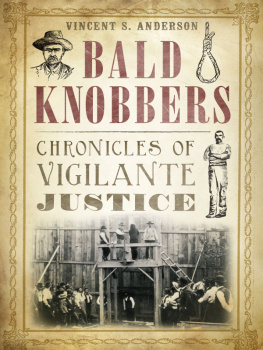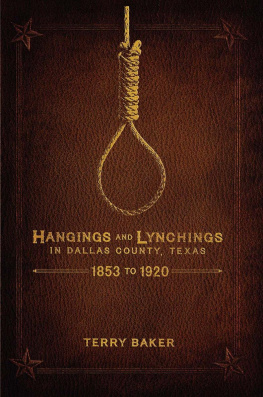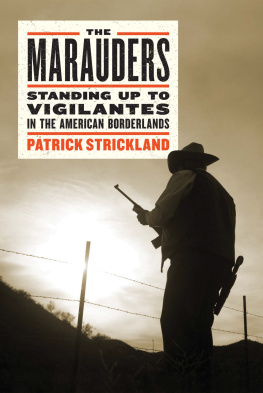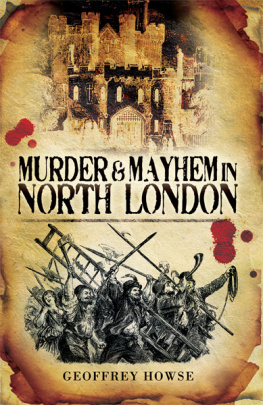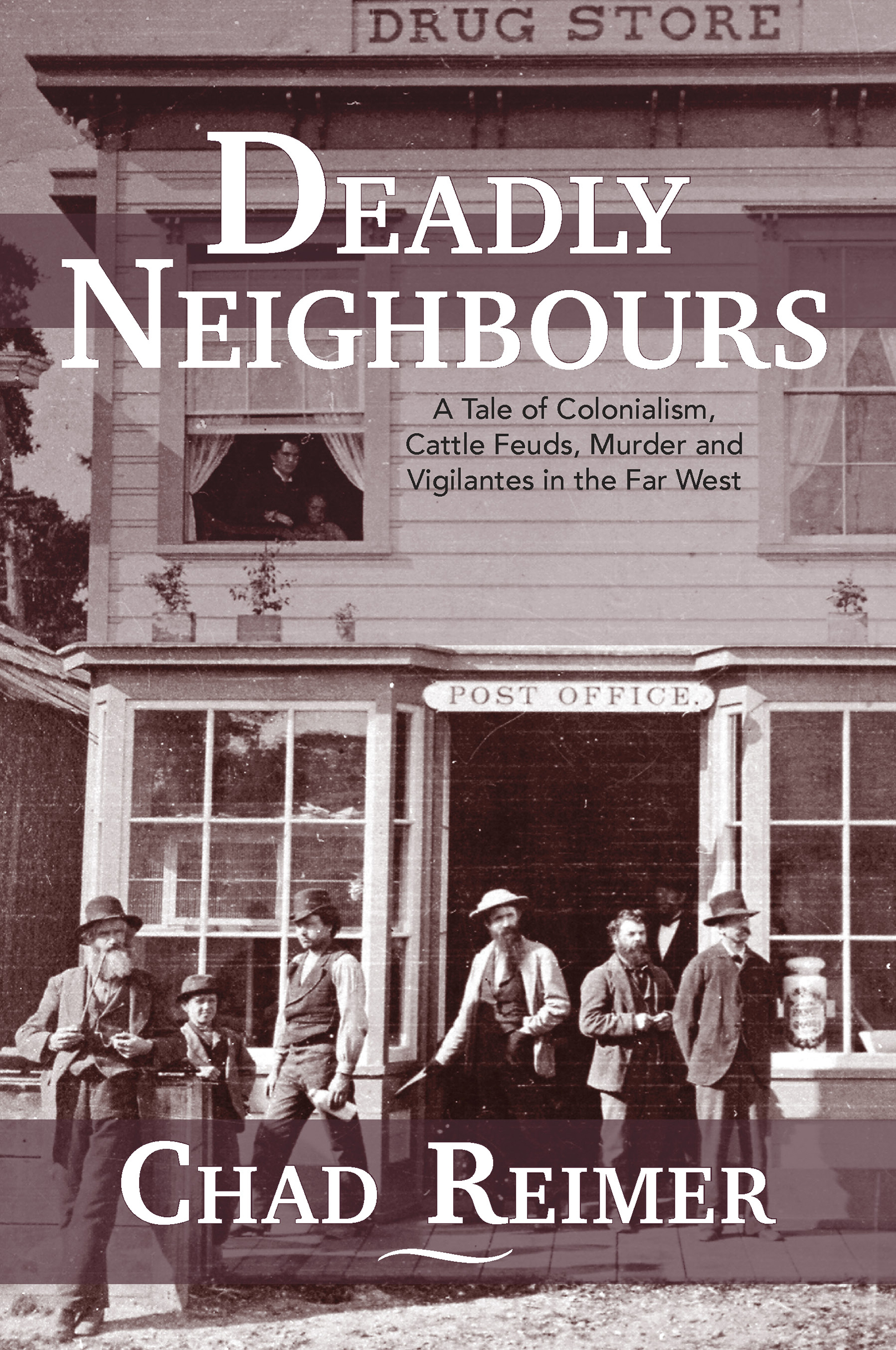Deadly Neighbours
Copyright 2022 Chad Reimer
01 02 03 04 05 26 25 24 23 22
All rights reserved. No part of this publication may be reproduced, stored in a retrieval system or transmitted, in any form or by any means, without prior permission of the publisher or, in the case of photocopying or other reprographic copying, a licence from Access Copyright, the Canadian Copyright Licensing Agency, .
Caitlin Press Inc.
3375 Ponderosa Way
Qualicum Beach, BC V 9 K 2 J 8
www.caitlin-press.com
Text design by Libris Simas Ferraz / Ona Design
Cover design by Vici Johnstone
Cover image H.E. Buswell Papers and Photographs, # 2133, Centre for Pacific Northwest Studies, Western Libraries Heritage Resources, Western Washington
Printed in Canada
Caitlin Press Inc. acknowledges financial support from the Government of Canada and the Canada Council for the Arts, and the Province of British Columbia through the British Columbia Arts Council and the Book Publishers Tax Credit.



Library and Archives Canada Cataloguing in Publication
Deadly neighbours : A Tale of Colonialism, Cattle Feuds, Murder and Vigilantes in the Far West / by Chad Reimer.
Reimer, Chad, author.
Canadiana 20210314222 | ISBN 9781773860732 (softcover)
LCSH : Sam, Louie, -1884. | LCSH : LynchingBritish ColumbiaHistory19th century. | LCSH : Sumas Prairie (B.C. and Wash.)Social conditions19th century. | LCSH : Sumas Prairie (B.C. and Wash.)Race relationsHistory19th century. | LCSH : Sumas Prairie (B.C. and Wash.)Ethnic relationsHistory19th century. | CSH : First NationsCrimes againstBritish ColumbiaHistory19th century. | CSH : First NationsViolence againstBritish ColumbiaHistory19th century. | British ColumbiaHistory1871-1918.
Classification: LCC HV 6471. C 32 B 87 2022 | DDC 364.1/34dc23
Deadly Neighbours
A Tale Of Colonialism, Cattle Feuds, Murder And Vigilantes In The Far West
Chad Reimer
Caitlin Press
Contents
Foreword
It was more than a pleasant surprise to receive the phone call from Chad Reimer and learn that he had completed a book manuscript examining the mid- to late nineteenth century tensions, conflicts, and violence between Indigenous people and pioneer settlers in the central Fraser Valley. I was especially pleased to hear that Chad had picked up some of the loose strands remaining from my own earlier publications on the tragic history of the lynching of Louie Sam and attempted lynching of Jimmy Poole. Indeed, his deep dive into previously unavailable and/or overlooked sources sheds new light on not only the motives behind the lynch mobs members, but the social, economic, and political legacies of these and similar violent acts against St:l people.
Over the past several generations historians have been alerting readers to the role that powerful members of British Columbias economic, political, and social elite played in orchestrating the displacement and marginalization of Indigenous people from their ancestral lands and resources. Men like R.C. Moody and Joseph Trutch who in succession each served as Chief Commissioners of Lands and Works and as Lieutenant Governors in British Columbia. Both men blatantly disavowed instructions and policies they had been charged with implementing to re-write BC Indian policy in ways that materially enriched themselves and their friends while impoverishing Indigenous people. Likewise, men like Arthur Birch in his capacity as BC colonial secretary from 1864 to 1866 found ways to enable the machinations of men like Trutch as they worked to free up for lands for settlers that had been designated as Indian Reserves. Men too like Amor De Cosmos who first as a journalist and then as British Columbia premier was as well known for his racist hatred of Asians as his desire to minimize the land base and rights of Indigenous people.
But these are not the names and characters that Chad highlights in Deadly Neighbours. Rather, he reminds us that history also unfolds from the bottom up, and that settler colonialism has in large part been enacted by local settlers working to advance their self-interests. Deadly Neighbours is, therefore, an important corrective for the colonial nostalgia that still stubbornly depicts BC pioneer settlers as mere pawns of powerful elite who were unaware of the harms that were being visited upon Indigenous people.
Making extensive use of obscure and often poorly indexed archival collections and taking full advantage of the family history records that are now available digitally online, Chad has burrowed down into the daily lives of some of British Columbias earliest settler families. What he has found, and what his writing so masterfully reveals, is that many of those who have been celebrated in Canadian society as pioneer heroes were the same men who engaged in morally indefensible actions against Indigenous people. And what Chad makes clear is that it wasnt merely that these men behaved in ways that were contrary to Indigenous laws, customs, interests, and rights, but rather that they broke or bent numerous of the moral and legal codes that ostensibly were at the centre of the settlers own Judeo-Christian British cultural traditions. Deadly Neighbours, in other words, is a story of early settlers wielding power to alternately intimidate, bully, and even kill Indigenous people for the simple reason that they knew that they could get away with it.
What becomes clear as you read Deadly Neighbours is that although settlers might split from one another along religious or ethnic lines, they always found common ground in not being Indigenous. Chad shows that settler politics were often nasty, with one individual or family working to harm and undermine their neighbours. But when push came to shove, Indigenous people were automatically outside the apparatus of state and societal power, and appeals to British/Canadian judicial impartiality and the rule of law typically fell on deaf ears when settlers economic interests were perceived as threatened.
Chad reveals that Indigenous people learned this the hard way. Many St:l people, it seems, sincerely believed the promise that Governor James Douglas had earlier made when he explained that Indigenous people could expect colonial society to judge them by their character rather than their skin colour. Chads research reveals that any meaningful social or economic success on the part of Indigenous people was necessarily regarded by settlers as having come at their expense. Thus, readers will find the accounts of Indigenous people struggling to participate in the settlers economic and judicial systems both fascinating and deeply troubling. Indeed, even though BC did not have the same laws as neighbouring Washington Territory (where by statute a white man could not be convicted on the testimony of an Indian), in Deadly Neighbours we are provided examples of how in BC it was depressingly common for jurors to cast aside Indigenous testimony when the fate of a white defendant was at stake. When it came to adjudicating cases against white men charged with murdering Indigenous women, Chad shows that the lives of Indigenous women counted for little in the eyes of the court. The tragic history of missing and murdered Indigenous women, in other words, is one that has characterized British Columbian history from the earliest days of settlement.

